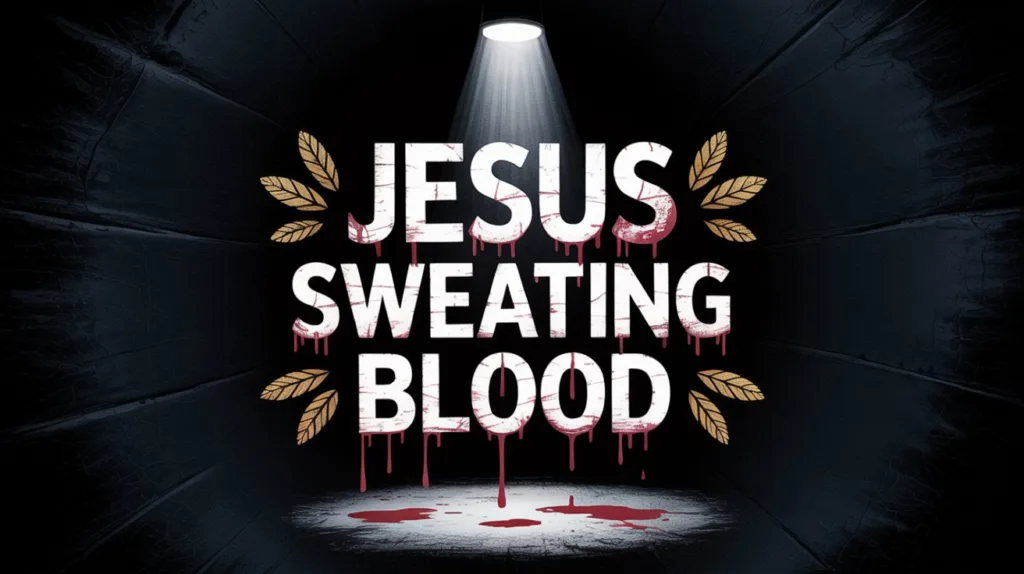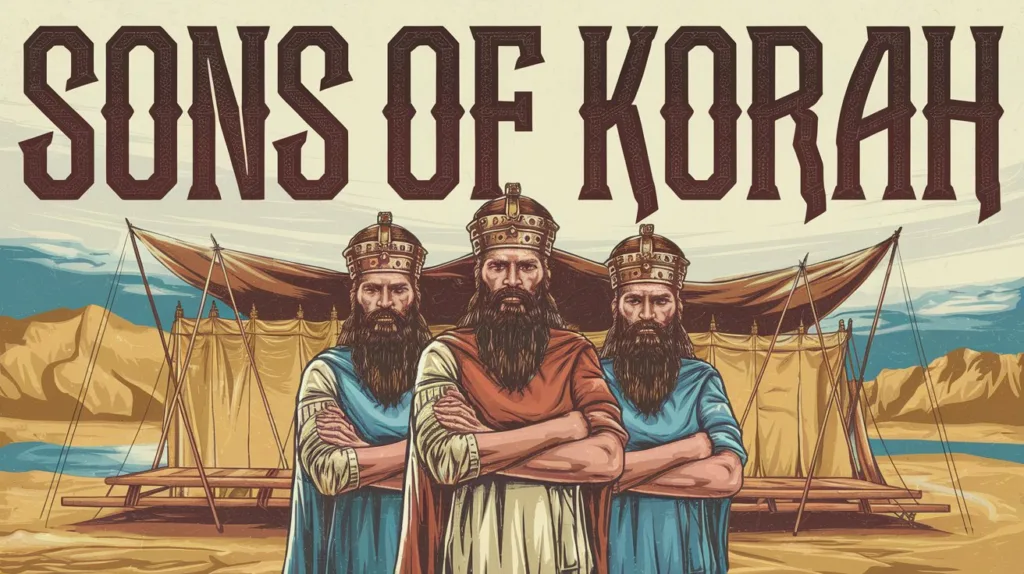Malachi is the last prophet recorded in the Old Testament. His name means “My messenger,” and he ministered to the post-exilic Jewish community likely during the time of Nehemiah, after the rebuilding of the temple (completed in 516 BC) but before the prophetic silence leading up to the New Testament.
The book of Malachi addresses the spiritual and moral decline among the returned exiles. The people had grown complacent and disobedient in their worship and in their covenant responsibilities. The Lord, through Malachi, presents a series of divine disputations, where God states His concern, and the people respond with questions or objections.
Malachi 1 begins with God’s declaration of love for Israel, contrasted with His judgment on Edom. Yet Israel questions, “In what way have You loved us?” (Malachi 1:2). God rebukes the priests for offering defiled sacrifices and dishonoring His name (Malachi 1:6–14).
In chapter 2, Malachi confronts the priests’ failure to teach and honor the covenant, as well as the people’s unfaithfulness in marriage, including divorce and intermarriage with pagans. God says, “The Lord has been witness between you and the wife of your youth” (Malachi 2:14), and adds, “For the Lord God of Israel says that He hates divorce” (Malachi 2:16).
Chapter 3 foretells the coming of the Lord’s messenger: “Behold, I send My messenger, and he will prepare the way before Me” (Malachi 3:1). This prophecy refers to John the Baptist (as confirmed in Matthew 11:10). The Lord whom they seek will suddenly come to His temple, indicating the coming of Christ.
God also rebukes Israel for robbing Him through withheld tithes and offerings, promising blessing for obedience (Malachi 3:8–12). The book closes with a reminder to remember the Law of Moses and a prophecy of Elijah’s return “before the coming of the great and dreadful day of the Lord” (Malachi 4:5), fulfilled spiritually in John the Baptist.
Malachi’s message calls God’s people to repentance, reverence, and readiness. As the final voice of the Old Testament, his words bridge the covenants and point directly to the coming of Christ, the Sun of Righteousness (Malachi 4:2).





 Get the book that teaches you how to evangelize and disarm doctrines from every single major cult group today.
Get the book that teaches you how to evangelize and disarm doctrines from every single major cult group today.